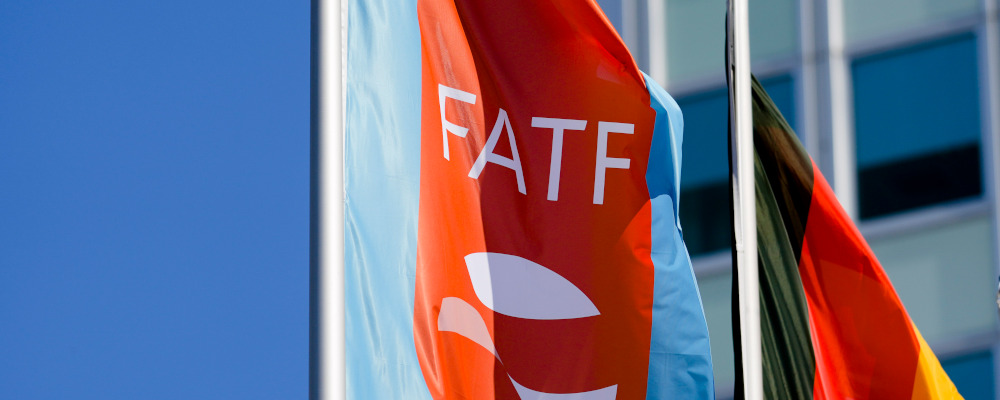The Canada-India relationship has been tense ever since Prime Minister Trudeau accused the Indian government of being complicit in the murder of Canadian-Sikh Hardeep Singh Nijjar, a Sikh separatist who Indian officials allege was involved in terrorist activities in India. The Indian government responded by dismissing Canadian officials and suspending some visa services.
There is now speculation in the Indian media that the government’s next retaliatory step may be to request that the Financial Action Task Force (FATF), the global body responsible for evaluating domestic policies with respect to money laundering and terrorist financing, conduct a review of Canada. The Indian government believes that Canada has been too permissive with respect to the flow of funding into Khalistani separatist organizations that it has designated as terrorist groups and that such a review would confirm its claims.
The Paris-based FATF was established in 1989 by the G7 to “examine and develop measures to combat money laundering.” Since its creation, the FATF has been responsible for monitoring money laundering techniques, reviewing action taken on national and international levels, as well as presenting measures that combat money laundering. Its mandate was expanded in 2001 to also include combatting terrorist financing in response to the 9/11 attacks that same year.
Canada is among the FATF’s nearly 40 nation-state members. As part of its membership, the FATF conducts a regular periodic review of Canadian policies and practices with respect to money laundering and terrorist financing, providing recommendations based on international best practices. The FATF’s last review was in 2016. The review set out 40 recommendations for changes to Canadian policies and practices, including monitoring charities for terror financing risks.
According to a follow-up report in 2021, the Canadian government was compliant with 11 recommendations, largely compliant with 23 recommendations, partially compliant with five recommendations, and non-compliant with one. Canada is due for another review in 2025.
Indian media outlets have reported that the Indian government may request the FATF to probe Canada before its regularly scheduled review. The Indian government reportedly intends to collect evidence of “terror funding and financing emanating from Canada and present it to the FATF.”
The FATF is not an adjudicative body like the World Trade Organization. It does not rule on disputes and its recommendations to national governments are non-binding, so it is not quite accurate to say India is going to “take” Canada to the FATF, as it has been reported in Indian media.
The FATF does administer a “grey list” for “jurisdictions under increased monitoring” and a “black list” for “high-risk jurisdictions subject to a call for action.” Examples of the former include Barbados, Haiti, South Africa, Turkey, and the United Arab Emirates, while the latter consists of Iran and North Korea. Countries can be removed from these lists if appropriate measures are taken to assess terror financing risks, as seen with Pakistan’s removal from the “grey list” last year.
It is unlikely that the FATF would put Canada on either list, expert sources say. Rather, it is more probable that a FATF review (like the one anticipated for 2025) could simply find deficiencies in Canadian policies and recommend improvements.

The Canadian government itself launched a public consultation in August 2023 to examine ways to strengthen its anti-money laundering and anti-terrorist financing regime. In a March 2023 report on terrorist financing produced by the government, it outlined how CSIS has been shifting resources towards the threat of what is called “Ideologically motivated violent extremism.” This includes two organizations, Babbar Khalsa and the International Sikh Youth Federation, associated with the Khalistani separatist movement. Both have been designated as terrorist groups by the Canadian government. The Canadian review of assessing terror funding—including possible policy changes that may result—is still ongoing.
Recommended for You

Laura David: Red pill, blue pill: Google has made its opening salvo in the AI-news war. What’s Canadian media’s next move?

The Notebook by Theo Argitis: Mark Carney’s first major tests

The Weekly Wrap: Trudeau left Canada in terrible fiscal shape—and now Carney’s on clean-up duty

Ben Woodfinden: Lament for an ‘elbows up’ nation




